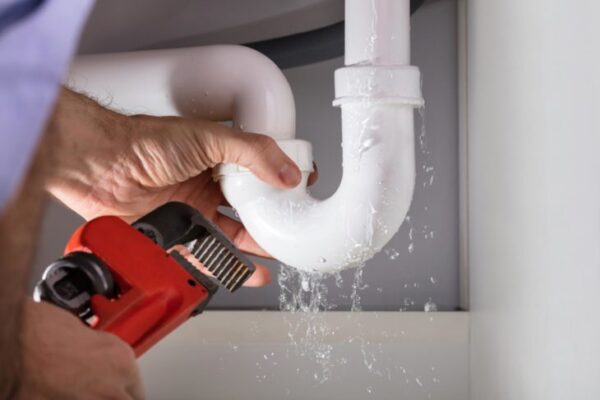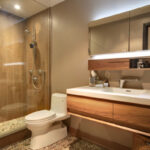While plumbing crises can happen at any time of the year, the early season is a time when they tend to occur more frequently. Your plumbing system may suffer due to the cold weather and increased hot water usage when visitors are home. Contemplate three emergency plumbing in Sydney this season and how to avoid them.
Sydney has witnessed a growing population trend as people move to Sydney to find high-paying jobs and afford a better lifestyle. As the population continues to grow, demand for plumbing services also increases as people may need an emergency plumber for help.
Let us check out some of the problems people might face:
Cracked or Blocked Pipes
What results in blocked or ruptured pipes?
Your piping is susceptible to seizing if it falls below freezing. Outdoor locked pipes are most likely to be affected without air conditioning, such as a garage or base peak.
As ice forms when the water inside a pipe hardens, it swells. The line may explode if there is an excessive build-up of internal pressure. If somehow the tube doesn’t get mended right away after you cut off the service and let it freeze, you can end up with a messy problem.
Insufficient Running Water
What stops the hot water system from functioning?
A hot water tank might experience a variety of issues. The heat source can get older, or silt accumulation at the tank’s bottom might make it less efficient.
Inspect the carburetor before assuming the worst. Most gas heat exchangers have a blower motor to ignite the flames; if it turns out, refill it.
Dripping Fixtures
What results in a pipe leaking?
Having multiple members in the house can put a strain on the fixtures. House visitors can also put more strain on your pipework, leading to knobs becoming loose, gaskets becoming worn, or recirculating developing issues.
Knowing what a true plumbing emergency looks like these days will help you recall some fundamental advice to keep in focus as you prepare for your technician. By adhering to these fundamentals, you can lessen the destruction of property and even speed up repair work. Just keep in mind that they aren’t foolproof tricks, and you’ll still have to call a 24-hour emergency plumbing in Sydney:
- Switch off the power supply: It’s a good idea for homeowners to know where the primary sealed lever is. You should turn it off to lessen the current quantity during a severe plumbing problem like overflowing.
- Switch the hot water system off: Initially, be aware of the kind of hot water system you utilize. Turn off the power if it’s gasoline. Just after closing the control valve should, you turn off the boiler. This avoids getting warmer excessively or perhaps detonating.
- Leave open sewers and pumping stations: There is likely flow in the pipelines even after turning off the primary water faucet. Switch on exterior water taps to facilitate the flow of all this fluid far away from the property.
- Fix more minor problems: While it’s preferable to leave blocked or ruptured pipelines to a plumbing and heating firm, you may use interim remedies on leaks that are small and easy to find. To lessen standing water to furnishings and the building layout, begin by putting linens or cloths around the damaged connection points or placing containers under the leak. As soon as it detects these problems, notify your expert so that they can fix them right away.
Prevention
- If you’re not already home, keep your temperature at no less than 60 ° throughout all occasions.
- Turn a valve and let a gentle stream of ice water flow on especially chilly evenings. Fluid in motion is far less likely to freeze.
- Leave cupboard doors on the under cabinets wide to let hot air flow around the piping.
- Throw a bucket underneath the sump pump close to the vessel’s bottom.
Once buckets are loaded, shut the faucet. Drain boiling liquid outdoors or into the basin in the kitchenette.




